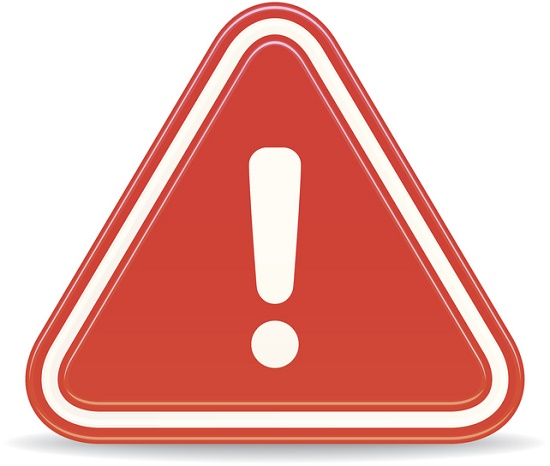
You would think that hearing loss would be simple to identify, but it’s not as easy to recognize as you may believe.
First, most individuals with hearing loss have difficulties only with specific sounds and in specified scenarios. Consequently, if you can hear normally on some occasions, you’ll tend to blame other factors or other people for the occasions you do have a hard time hearing.
Second, hearing loss takes place slowly and gradually over time, so it’s challenging to recognize the slow development. It’s simpler and easier to pin the blame on other people for mumbling, or to turn up the TV volume a bit louder, than to acknowledge that you may have hearing loss.
So, the signs can be elusive. You have to know what to watch out for, and while it’s convenient to reject that you have hearing loss, you should be truthful with yourself about the warning signs.
Here are the top 10 to look out for. If you detect the presence of any, it may be time to organize a hearing exam.
- You experience ringing in the ears – this may be a symptom of permanent hearing injury. Hearing aids can not only make it easier to hear better, but they may also be able to eliminate the ringing in your ears.
- You are not able to hear regular household sounds – hearing loss can make it hard to hear the doorbell, the telephone ringing, or somebody shouting your name from another room.
- You have trouble comprehending TV dialogue – speech is normally a lot more challenging to hear than other kinds of sound. This often shows itself as difficulty following movie or television show plots.
- You have your phone, TV, or radio at max volume – if you can hear the television, phone, or radio better than you can hear personal conversations, check out the volume settings on your devices. You could have these gadgets set at elevated volumes while concurrently believing that everyone else talks too quietly.
- You request that people repeat themselves frequently – you notice that you say “what?” a lot, or that you need to ask people to repeat themselves when you’re not facing them.
- You commonly misconstrue what people are saying – consonants are higher-pitched, and thus much more difficult to hear, than the lower-pitched vowels. Considering that consonants impart most of the meaning in a sentence, speech comprehension suffers.
- You have trouble hearing all the words in a conversation – specific sounds and letters are more challenging to hear than others. What this means is you can hear most of the words in a sentence, but that you have to many times try to fill in the blanks.
- You have difficulty hearing when your back is to the speaker – you may rely on lip reading, body language, and other tips to meaning significantly more than you think. When you’re not facing the speaker, and can’t use these hints, you may have trouble understanding speech.
- You have trouble hearing with lots of background noise – as hearing loss gets to be worse, competing noise becomes more of a challenge. You might have the ability to hear speech in quiet environments, but it becomes progressively difficult to follow discussions in a loud setting like a restaurant.
- People say that you shout or have the TV volume too loud – people may comment that you have the TV volume too loud or that you have the tendency to shout. It doesn’t feel this way to you because you’re compensating for your hearing loss.
Do you notice one or more of the top 10 warning signs of hearing loss? If yes, arrange your hearing test today, and take the steps to begin living a better, more productive, and healthier life.